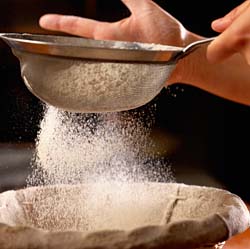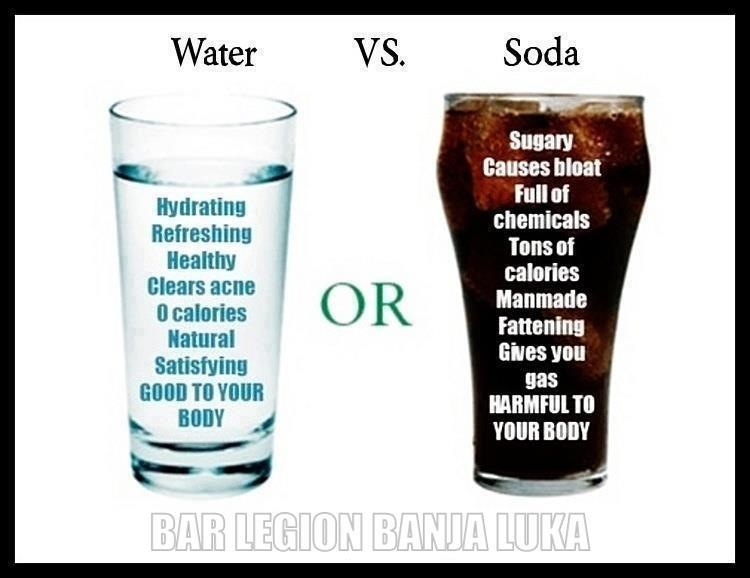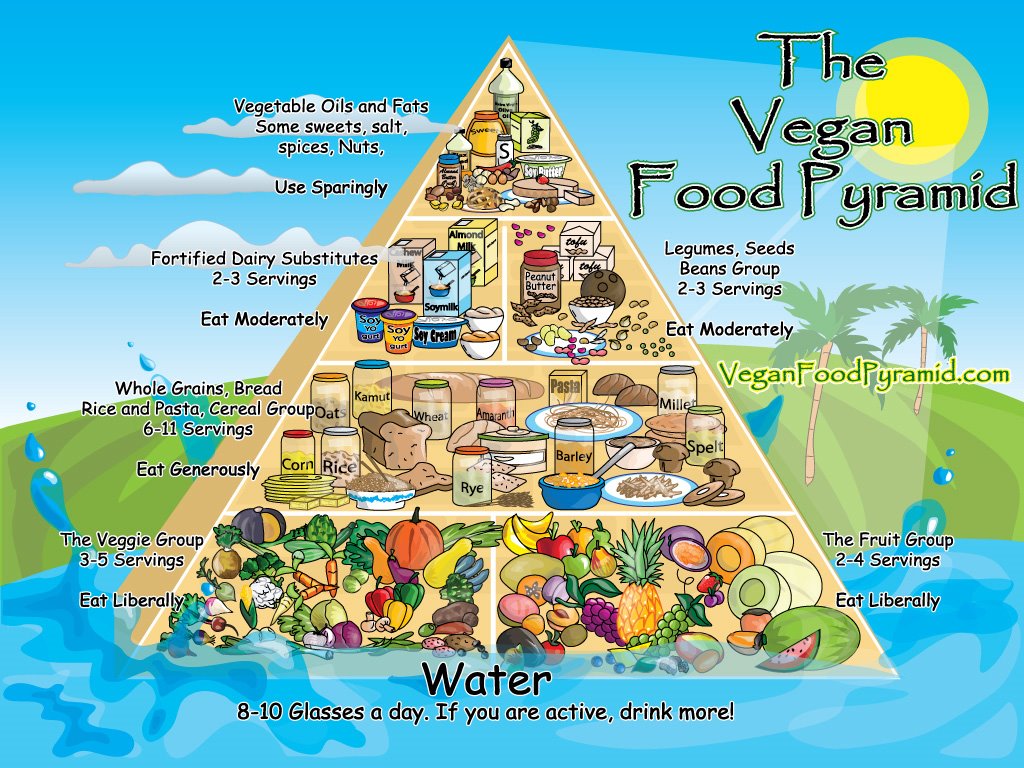Flour, the powdery substance made from ground grains, is useful for baking and thickening sauces, but its nutrition is a mixed bag. Not all flours are created equal when it comes to its affect on your health. No flour is genuinely bad for you, but some are better for you than others. Look for whole grain flours for the biggest nutritional bang for your buck.
Calorie and Fat Content Flour is quite caloric. A 1-cup serving of white flour, for instance, contains 495 calories while a cup of rye flour has 356 calories. It is not common to consume flour alone, however, so when you add a cup of flour to a recipe, your caloric intake from flour is reduced. The fat in flour is quite low. Servings of white flour and whole wheat flour have 2.2 g of fat each. Carbohydrates and Fiber The carbohydrates in flour directly impact your blood sugar level, so choosing flour with a low glycemic index is better for you. Breads made with whole grain flours have a glycemic index of approximately 7 to 9, while bread made from white flours range from 10 to 15 on the glycemic index. Eating white flour does not necessarily send you into insulin shock, but consuming wheat flour is healthier. White flour contains 99.3 g of carbohydrates and 3.3 g of fiber, while rye flour has 76.9 g of carbohydrates and 12 g of fiber. Choose whole grain flours to get more fiber in your diet. Protein Eating whole wheat flour is a good choice for protein. A 1-cup serving of this type of flour provides 16.4 g of protein. Even though white flour is the least healthy for you, it still contains protein necessary for muscle growth and energy -- a serving contains 16.4 g of protein. As a rule, you need 50 to 175 g of protein per day, so consider incorporating whole wheat flour into a pizza crust and topping it with ground beef or pepperoni to increase the protein in your diet. Vitamins All types of flour provide thiamin, a vitamin known as B-1. Enriched wheat flour is highest in thiamin, with 74 percent of the daily recommended intake. White, whole wheat and rye flours also contain folate, riboflavin and niacin as well as other healthy B vitamins. You also take in vitamin E and vitamin K in rye flour and whole wheat flour. Minerals Rye and whole wheat flours serve as excellent sources of manganese and selenium, but you can get a range of minerals in many flours, including calcium, zinc, iron and copper. This makes flour good for increasing bone density, producing red blood cells and boosting the health of your blood vessels. Read more: http://www.livestrong.com/article/446789-is-eating-flour-bad-for-you/#ixzz22Dm3vXjR So from these it looks like flour in moderation is ok? well from what I've read from other sources, I think flour seems more like a food source that we should omit from our lifes altogether, let me start from here. Hello guys
so this is a random one for you all, I have gone on a lifestyle change to get healthier, leaner and help lok after my mind, body and of course my voice. so now I am on my journey to becoming a vegan, I dont really want to eat meat anymore, I dont like the idea of animals beig slaughtered for profit and for our own personal greed. so from the beginning of this year I said I will no tshave my face or cut my hair until I reach my target weight and am a vegan. so keep a look out for me the hairy singer haha Donny |










 RSS Feed
RSS Feed